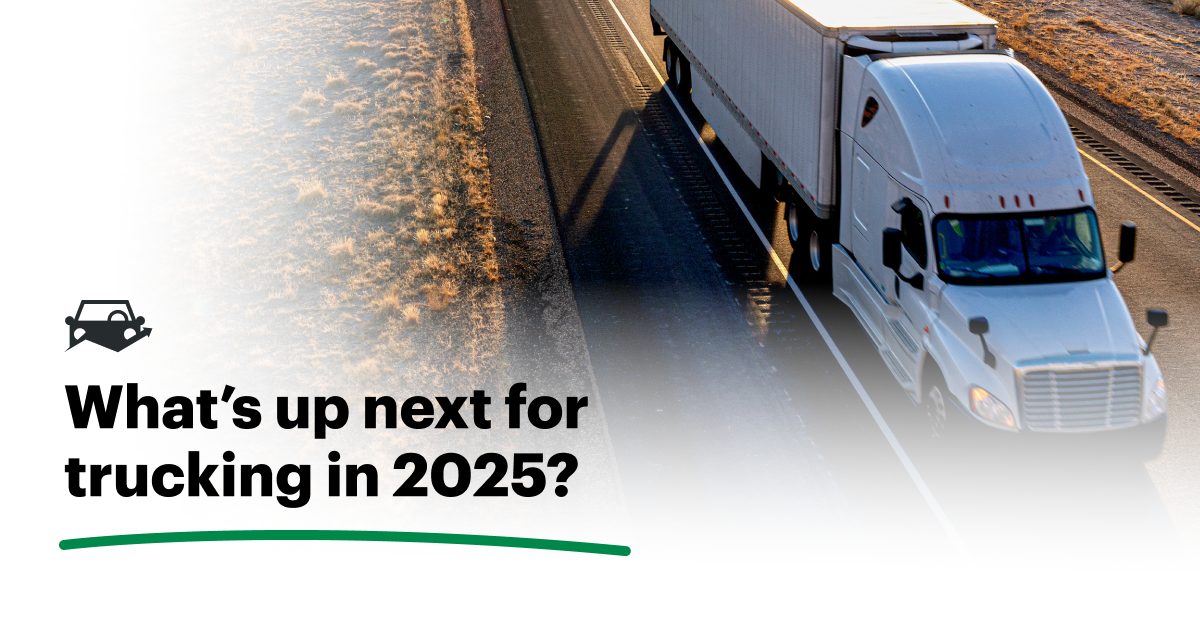Introduction
As the transport industry prepares for a wave of regulatory changes in 2025, fleet operators and logistics companies face new pressure to stay compliant with evolving road weight laws. From New Zealand to Europe, governments are tightening restrictions on truck axle loads, overloading fines, and certification of weighing equipment. If your trucks and trailers aren’t fitted with modern onboard weighing systems, you could be exposed to costly penalties, inefficiencies, or missed opportunities.
At Loadsense, we help operators stay ahead with innovative truck and trailer scales built for today’s compliance needs — and tomorrow’s.
The Global Push for Road Weight Compliance
Across regions like New Zealand, Australia, the USA, Canada, the UK, and the European Union, overloading enforcement is becoming more automated and unforgiving. Roadside checks are being replaced with weigh-in-motion (WIM) sensors, GPS-linked enforcement, and advanced axle-group monitoring.
Examples of new or upcoming policy changes:
-
New Zealand: Changes to the Land Transport Rule: Vehicle Dimensions and Mass 2016 now allow for electronic weighbridge alternatives, provided certified accuracy.
-
Australia: NHVR continues to update PBS (Performance-Based Standards) and Chain of Responsibility requirements.
-
USA: FMCSA supports e-logging and weight monitoring integration for larger fleets under Safety Compliance mandates.
-
Europe/UK: EU Regulation 2019/1213 promotes axle load sensors for weight compliance; the UK is independently strengthening fleet safety laws post-Brexit.
The Hidden Costs of Non-Compliance
Even minor overloading — whether intentional or not — can lead to:
-
💸 Hefty fines (sometimes per axle)
-
⛽ Increased fuel usage and tyre wear
-
⚠️ Shorter suspension and brake lifespan
-
📉 Lower resale value of trailers and trucks
-
🔄 Downtime from roadside detainment or reloading
How Loadsense Technology Solves the Problem
With Loadsense’s onboard weighing systems, operators gain real-time weight data per axle group — right from inside the cab or via mobile.
Benefits:
-
✔ Typical Accuracy to within +/- 1% under standard conditions and weighing sensor type being used. ie: a Load Cell weighing sensor will provide the great accuracy as apposed to other weighing type sensors which may not provide the same accuracy.
-
✔ No need for static weighbridges or extra stops
-
✔ Ideal for airbag or spring suspension vehicles
-
✔ Fully road-legal across regions
-
✔ Saves time, fuel, and admin headaches
Whether you’re running a tipper, concrete mixer, or long-haul truck trailer, our scales ensure you’re always within weight limits and ready for the road ahead.
Looking Ahead: Weighing Tech in 2025 and Beyond
Governments are investing in smart transport corridors, and weighing accuracy will become a competitive advantage. With digital data now being submitted in real time to transport authorities, the future belongs to fleets that embrace data-driven weight management.
Loadsense customers across New Zealand, Australia, and beyond are already benefiting from smarter, safer loads — and peace of mind.
Final Thoughts
2025 is just around the corner, and it’s bringing stricter compliance expectations with it. Upgrading to a Loadsense truck and trailer weighing system isn’t just smart — it’s essential. Don’t wait until you’re facing fines or forced retrofits.
💡 Talk to Loadsense today and weigh with confidence — anywhere in the world.


